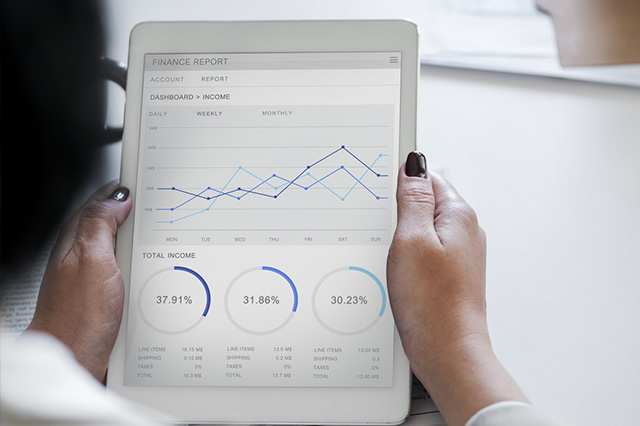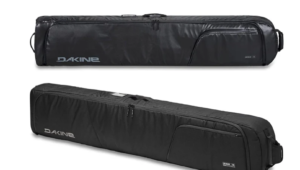
In the modern quest for energy efficiency and reduced utility costs, load controllers have emerged as a powerful tool. These devices can intelligently manage the electrical load within a home or business, helping to optimize energy usage and significantly cut down on monthly energy bills.
Here’s why integrating load controllers into your energy management strategy could be a recipe for success.
What Are Load Controllers?
Load controllers are sophisticated devices that manage how and when electricity is used in a building. They can turn off or reduce the power to non-essential systems during peak demand times or when the energy costs are higher. By doing so, they not only reduce the overall energy consumption but also lower the peak load, which can result in substantial savings on energy bills, especially for those on demand-based or time-of-use pricing plans.
Benefits of Using Load Controllers
- Reduced Energy Consumption: Load controllers optimize the use of electrical devices, ensuring that they operate at times when they consume less power or when electricity rates are lower. This can significantly reduce your overall energy consumption.
- Lower Utility Bills: By managing when high-power devices are active, load controllers can help avoid peak tariff periods, directly impacting and reducing monthly utility bills.
- Increased Energy Efficiency: Load controllers can improve the overall energy efficiency of a building. They ensure that only the necessary amount of energy is used at the optimal times, reducing waste and increasing the building’s energy efficiency.
- Extended Appliance Lifespan: By controlling the electrical load and preventing appliances from running continuously or during peak load times, load controllers can help extend the lifespan of these appliances. Reduced stress on electrical components usually translates into fewer repairs and longer operational life.
- Enhanced Power Stability: Load controllers help maintain a stable load on the power system, which can prevent power dips and surges. This stability is not only good for the appliances but can also prevent unexpected power outages.
How Do Load Controllers Work?
Load controllers connect to the electrical system of a building and use sensors and smart technology to monitor energy consumption in real-time. They can be programmed to prioritize certain appliances based on their energy consumption and the importance of their function. For example, a load controller might reduce the power supply to a pool pump or switch off a water heater during peak hours while ensuring that essential services like refrigeration continue uninterrupted.






